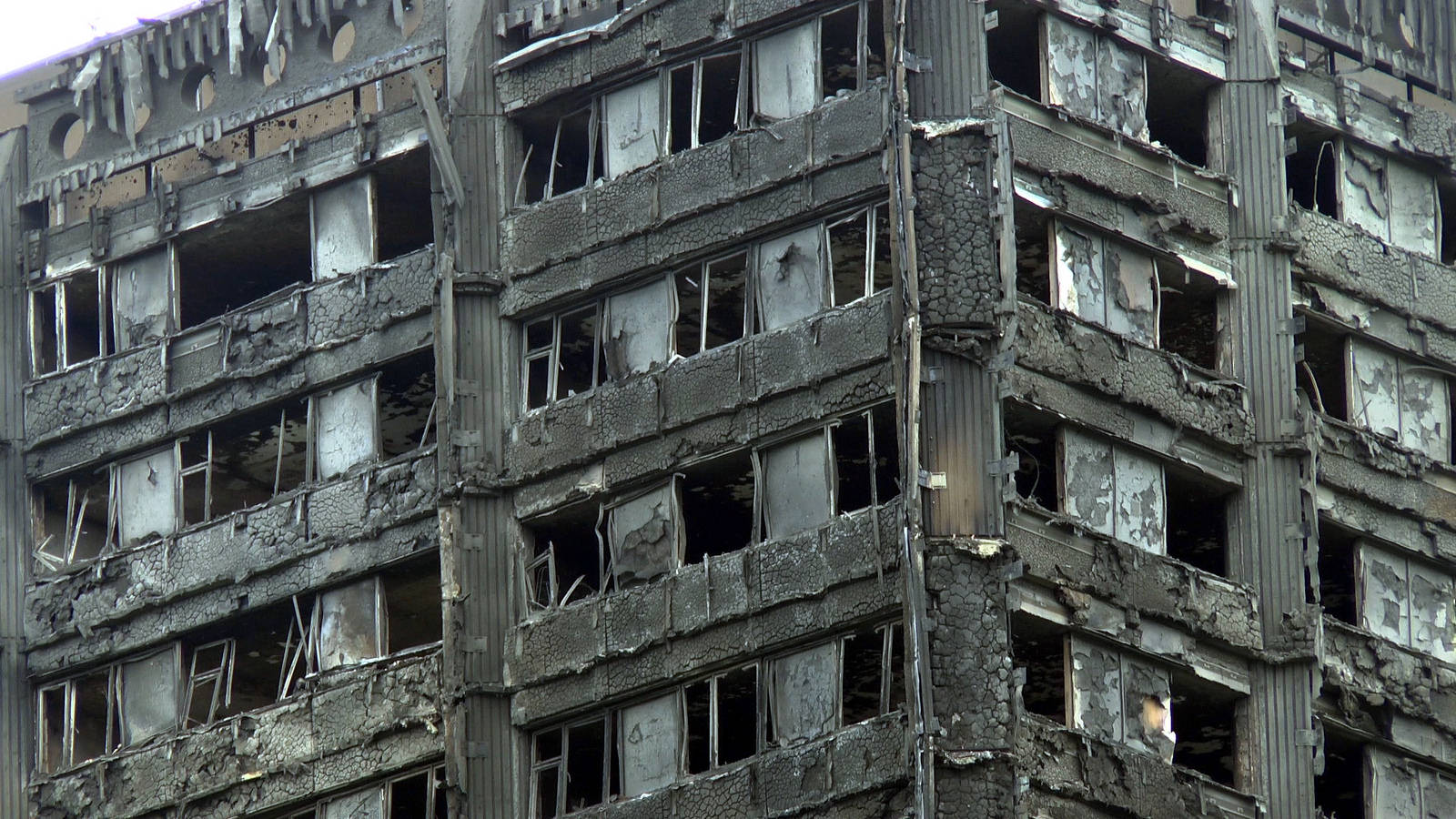Bereaved families have demanded changes to the public inquiry into the Grenfell Tower disaster amid fears that it is failing to take account of their views. As one relative put it: ‘It’s not a public inquiry; it’s a lawyer’s inquiry’.
In the report published yesterday by INQUEST, an NGO supporting people affected by contentious deaths at the hands of the state, relatives criticised ‘a perceived lack of candour’ from authorities and businesses that were questioned in the first phase of the public inquiry. One relative criticised the corporate entities for displays of ‘amnesia’, saying that the chair should have pushed them harder to remember what had happened.
Family members of 55 of the 72 people who died in Grenfell Tower made contributions to the report. Sadik Kelbeto, whose entire family died in the fire, maintained that the government has ‘an obligation to listen’ to those speaking on behalf of the Grenfell victims. ‘If they don’t listen to us, then who will they listen to?’
Families also expressed their ‘dismay’ that they were not allowed to put questions ‘directly to witnesses’ and that ‘no interim recommendations had been made’ so far. Under the standard procedure for public inquiries, any questions that the families want to put to witnesses must go through the main inquiry team. In practice, this means that lawyers for the families can only put questions by passing post-it notes to counsel for the inquiry. But, according to the report, this convoluted process has created a ‘shared suspicion that the process allowed those giving evidence to evade the questions families want answered’.
In the first phase of the public inquiry which opened in September 2017, the families felt disappointed at the failure to appoint a ‘diverse independent decision-making panel’. Many contributors were concerned about problems with disclosure, describing a ‘fight’ to get access to evidence and disclosure requests being turned down. One commented: ‘If we’re going to have an inquest like that where they deny us information, then you’re not going to have a proper inquest.’
The report also reveals a lack of consultation about the proposed venue and poor communication from the team leading the inquiry. The inquiry’s location in Holborn Bars was criticised for its lack of family-friendly facilities and because it was the same place where families were told of their loved ones’ deaths, triggering traumatic memories.
The bereaved families’ and survivors’ group, Grenfell United, hope that the report will encourage ‘much needed and lasting change’. ‘We hope in particular the Inquiry team will urgently take on board the ideas put forward by families in this report,’ they continued. ‘Families must be at the heart of the Inquiry if we are ever to get the truth for our loved ones.’
Despite these criticisms, relatives noted their appreciation of the ‘cathartic’ pen portraits and commemoration hearings that kicked off the inquiry, and the live streaming system was praised for the way it allows people who cannot attend to keep up with proceedings.
A new future
For the second phase of the inquiry, whose start date has not yet been announced, the families are keen for these criticisms to be addressed. They identify the need to establish a proper panel, to find a ‘family friendly’ venue, to support non-English speakers, and to create new procedures for questioning witnesses as key areas for improvement. Family members also suggested that the hearing room ought to be reorganised. ‘We should be directly in front of the witnesses; they should be looking us in the eye,’ one family member said.
In the report, the families also make recommendations for ‘what good practice could look like in the future’. They suggest that a ‘centralised information hub’ should be established to offer support and guidance after a mass fatality, alongside ‘free independent mental health provision’. To prevent the ‘emotional toll of having to constantly re-tell their story each time there was contact with the authorities’, the families recommend that a ‘unique case number’ system should be implemented.
Deborah Coles, director of INQUEST, commented: ‘It is high time the Inquiry team and the Government listened to these voices and provide an inclusive and truthful Inquiry that delivers structural change and accountability. This should be the lasting legacy of Grenfell.’







